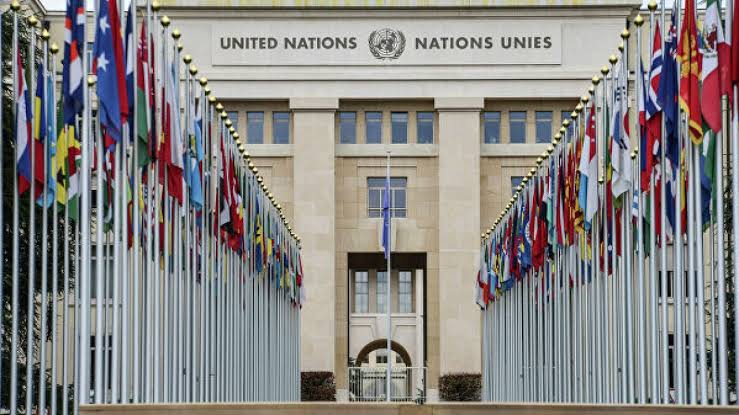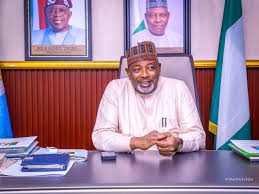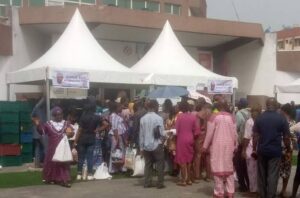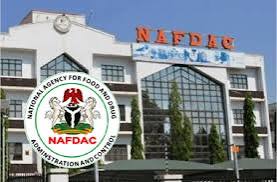


Nigeria aims to strengthen its collaboration with the UN to advance food security
Nigeria is advocating for a strengthened partnership with the United Nations to advance sustainable agricultural development and enhance food security. This appeal was made in Abuja on Tuesday during the visit of UN Deputy Secretary-General Dr. Amina Mohammed, who engaged with key stakeholders in agriculture and food security.
During the visit, Abubakar Kyari, Nigeria’s Minister of Agriculture and Food Security, welcomed Dr. Mohammed and underscored the significant role the UN has played in Nigeria’s development. He emphasized the importance of this partnership in addressing the country’s growing food security needs and aligning with President Bola Ahmed Tinubu’s Renewed Hope Agenda, which focuses on food security, economic growth, job creation, and poverty reduction.
Kyari highlighted Nigeria’s longstanding cooperation with UN agencies such as the Food and Agriculture Organisation (FAO), the International Fund for Agricultural Development (IFAD), and the United Nations Development Programme (UNDP). He noted that Nigeria has consistently contributed financially to these organizations to support food system resilience and agricultural development.
The minister specifically sought additional support for programs like the Value Chain Development Programme and the Livelihood Improvement Family Enterprises Project – Niger Delta, which are aimed at boosting food production and improving rural livelihoods.
Dr. Mohammed expressed the UN’s support for Nigeria’s strategy to manage its food security crisis, acknowledging that the situation is compounded by both domestic challenges and global disruptions. She emphasized the need for coordinated efforts across all government levels and highlighted the importance of addressing both displacement and security issues.
She noted that resolving the crisis will require time and resources, given the complex interplay of factors including the global impact of the COVID-19 pandemic and the war in Ukraine. Despite these challenges, she expressed optimism about Nigeria’s strategy, provided it receives adequate support.
Mohammed also stressed the need for collaboration across different government levels and stakeholders to overcome the food security crisis. She acknowledged the debate surrounding the role of technology and biotechnology in agriculture but emphasized the importance of balancing innovation with the protection of Nigeria’s agricultural systems.



